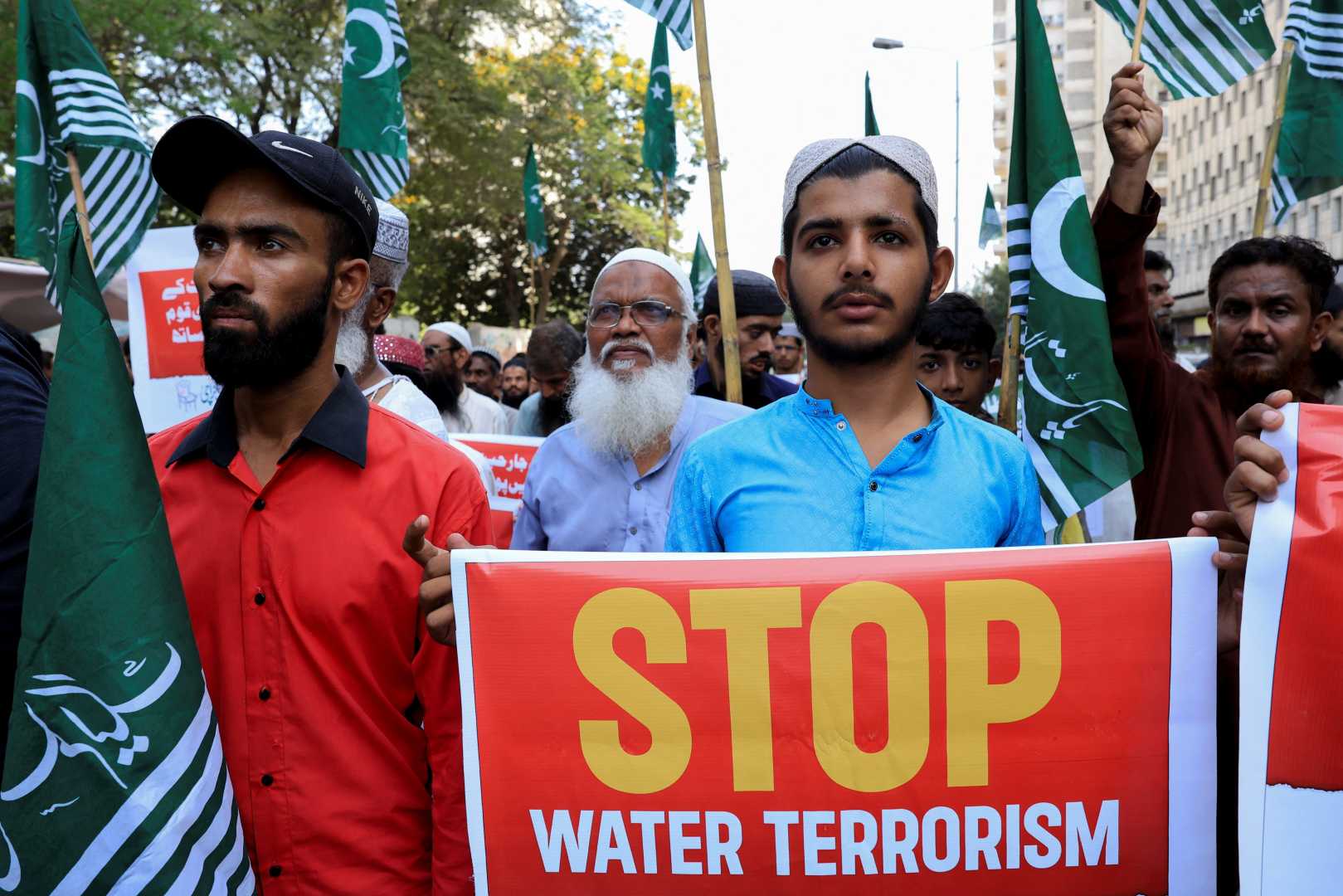World
Tensions Surge Between India and Pakistan After Deadly Kashmir Attack

NEW DELHI, India — A deadly attack on tourists in Indian-administered Kashmir on Tuesday has escalated tensions between India and Pakistan, leading to a downgrading of diplomatic ties and fears of a new military confrontation. The attack, which left 26 dead, mostly Indian nationals, occurred near the popular tourist destination of Pahalgam.
The previously unknown militant group Kashmir Resistance claimed responsibility for the assault, while Pakistan denied any involvement. Indian authorities blamed Pakistan for endorsing the act, which they labeled a “terror attack” with “cross-border links.” Eyewitness accounts described horrifying scenes as gunmen opened fire on tourists, specifically targeting individuals associated with the current Indian government.
In the aftermath, Indian officials reported a brief exchange of gunfire with Pakistani soldiers along the disputed border in Kashmir Wednesday. Three Indian army officials, who requested anonymity, confirmed that no casualties were reported during the skirmish.
Pakistan’s Ministry of Foreign Affairs refrained from commenting on the skirmish, with spokesperson Shafqat Ali Khan waiting for formal military confirmation on the reports. The situation remains tense as both nations engage in tit-for-tat actions.
Following the attack, India enacted several punitive measures: downgrading its diplomatic ties, suspending a crucial water-sharing treaty, and revoking visas issued to Pakistani nationals. Prime Minister Narendra Modi vowed to hunt down the attackers “to the ends of the earth.”
Pakistan responded by calling India’s actions “irresponsible,” halting all trade with India and closing its airspace to Indian aircraft. Officials in Islamabad stressed that any attempt by India to interrupt or divert water shares would constitute an “act of war.”
The Indus Water Treaty, which governs water distribution between the two countries, has been in effect since 1960 and is seen as crucial for both nations’ agricultural sectors. Pakistan claims the treaty is binding and does not allow for unilateral suspension.
Military relations between India and Pakistan have been fraught since both nations gained independence in 1947, with Kashmir often at the center of their conflicts. Each country has accused the other of fostering terrorism and violence in the region.
As tensions rise, the international community, including the United Nations, has urged both parties to exercise restraint. The ongoing situation remains critical, with both countries on high alert as military posturing intensifies.












